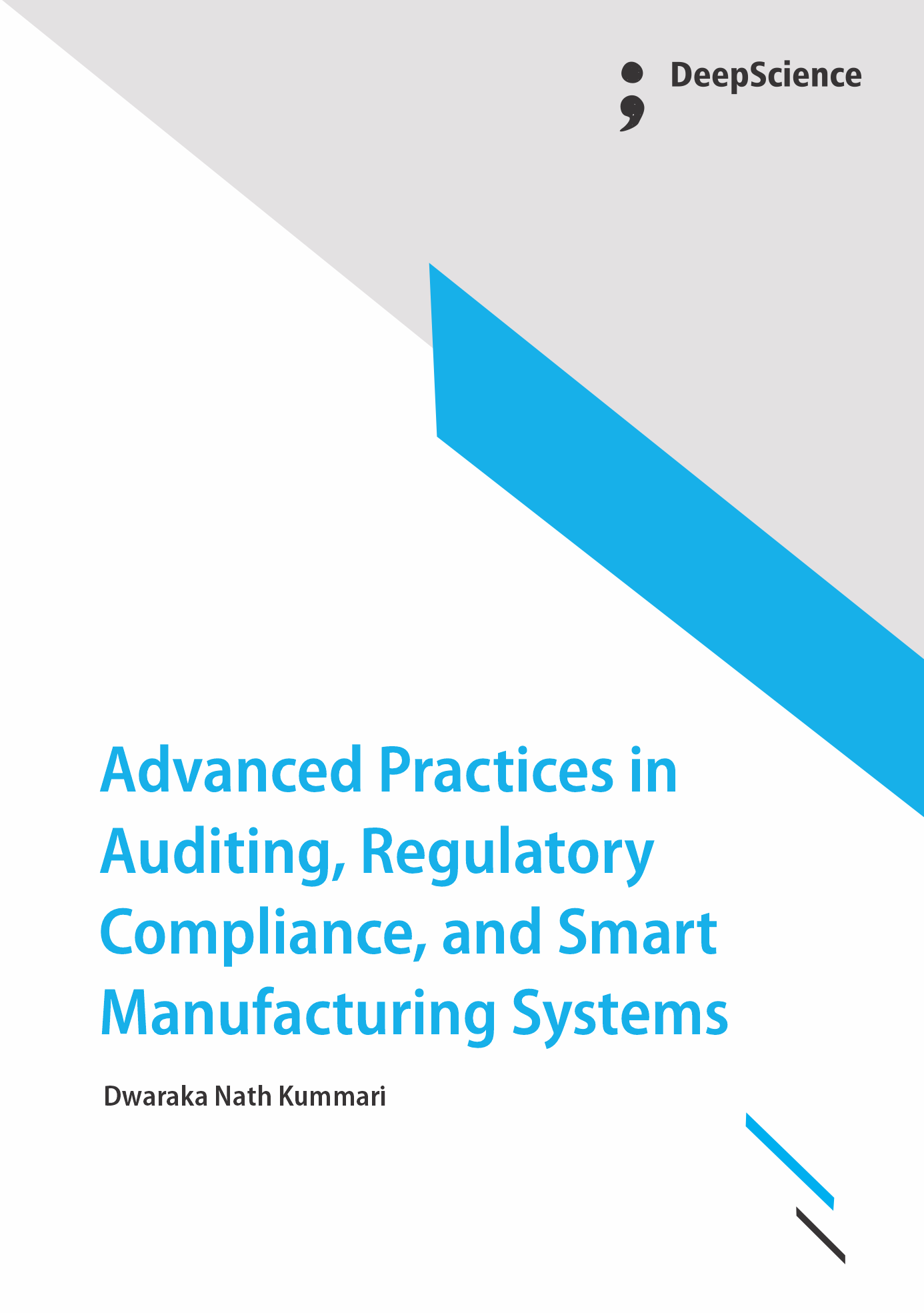Fostering organizational integrity through governance and ethical compliance initiatives
Synopsis
Companies obtain benefits for their integrity and face serious consequences when it is absent. The United States has a complex system of federal and state laws and regulations governing ethical behavior in business. This extensive scheme recognizes the inevitable tensions inherent in ethical behavior for enterprises and their owners and requires enterprises to stimulate ethical behavior and compliance and to define and punish violations. Companies are also required to disclose any material violation of the law. A company that fails to do so is liable in damages and possibly criminally responsible. Corporations and their owners borrow from society by being allowed to incorporate, limited liability, and limited capital requirements. For these loans, they are expected to provide certain benefits. Further, the system has been designed to impose costs on corporations that fail to recognize their increased responsibilities in today’s society. This Social Contract of corporate social responsibility has two parts—the promise and the consequence. The promise is that managers will act in the corporation’s best interests, making fair profits for owners. The often unrecognized second part is that if the corporation, in seeking its profits, causes serious social harm, its managers will be personally liable in damages to the victims or the state. In short, shareholders expect a reaction when they are affected. As far as the behavior of the employees that work for the corporation is concerned, managerial decisions simply reflect those consequences. Copies of the laws are easily available. Annual reports will certainly contain a detailed description of corporate activities and the ethical consequences. Shareholders have to ask for it and act when they find a discrepancy between their expectations and reality in what is reported and in what is done. Managers can expect the question on the board reporting form: What course of action will likely cause the greatest reaction on the part of the shareholders? The answer will probably be the one least in keeping with ethical precepts.













